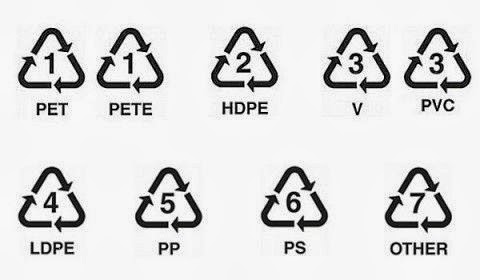Ir al contenido principal
Recommended reads for this weekend

- Collectivists, individualists and indifferents. What the different types of consumers mean for the market for sustainable and healthy products (LSE Business Review).
- How financial products can attract infrastructure capital from institutional investors. By mitigating key risks of investing in major infrastructure projects in emerging markets, banks, governments, and international financial institutions can close the funding gap in developing Asia (McKinsey).
- The new Fama puzzle. The ‘Fama puzzle’ is the finding that ex post depreciation and interest differentials are negatively correlated, contrary to what theory suggests. This column re-examines the puzzle for eight advanced country exchange rates against the US dollar, over the period up to February 2016. The rejection of the joint hypothesis of uncovered interest parity and rational expectations still occurs, but with much less frequency. In contrast to earlier findings, the Fama regression coefficient is positive and large in the period after the Global Crisis, but survey-based measures of exchange rate expectations reveal greater evidence in favour of uncovered interest parity (VOX).
- The Impact of Single Stocks on Factor Returns (CFA Institute).
- Banks and the digital flywheel: An engine for ongoing value capture. A few banks are generating significant bottom-line impact from their digital investments. These leaders share a relentless focus on applying productivity gains as broadly as possible across the organization (McKinsey).
- Blockchain, smart contracts, and information. Blockchain technology provides decentralised consensus, which potentially enlarges the contracting space using tamper-proof smart contracts. But this implies distributed information. The column argues that there is a tension between these two features of blockchain. While complete contracts may increase competition, distributed information may also make collusion between incumbents more effective (VOX).
- The biggest cryptocurrency hacks and scams: Infographic (TooMuch).



Comentarios